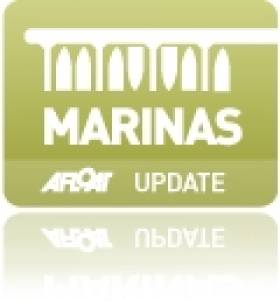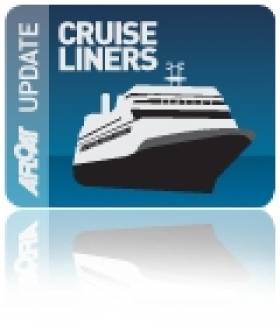Displaying items by tag: Super Yachts
#tunisiasuperyacht – One week since the world was left shocked at the news of an ISIS terrorist attack in Tunisia, local superyacht businesses are reassuring yachtsmen that security has been increased at Tunisian ports despite numerous cancellations.
Not long after the country has had to recover from the impact of the Bardo Museum attack where 17 were left dead, a total of 38 people, including at least 29 Britons were killed by a gunman with links to Islamic State extremists near Sousse, Tunisia.
Despite the upped security and the government's involvement, The UK Foreign Office has updated its travel advice to warn that further terrorist attacks in Tunisia are possible and are urging people to be vigilant. According to some local yacht businesses, superyacht owners, crew and charter companies are already cancelling their travel plans.
Kim Williams from Yacht Services Tunisia explained, "The management and staff at Yacht Services Tunisia will continue to support yachting tourism by 'riding out' this horrific incident, the same way we did during the Tunisian revolution; by re-assuring yachtsmen and their yachts that security has been greatly increased in Port Bizerte and Port Yasmine.
"The Tunisian people are deeply shocked and sickened by what has happened in their country and I want people to understand that the mentality of the attacker is not Tunisian."
Imed Mzoughi, port director from Port Yasmine also commented, "At this moment in time, we have only had a 3% cancellation rate since the attack. However, we have had very little new reservations, or let's say, we haven't had any more at all. The government and the marina have enforced measures to protect the marina and surrounding areas in a bid to save the rest of the season."
A meeting between Tunisian officials and EU ambassadors is likely to take place in the coming weeks, whereit is expected a request for more intelligence-sharing and electronic monitoring equipment will be made.
More Superyachts Arrive at Kinsale Yacht Club Marina
#superyacht – No sooner has the ICRA Championships and Sovereign's Cup fleet departed Kinsale Yacht Club marina than Superyachts Ghost (35M), a return visitor and new arrival to Irish waters Clan VIII (45.3m) have taken a berth on the yacht club marina.
As it happens KYC was also hosting a party for The Yacht Harbour Association who are currently reviewing the five anchor marinas in Ireland. Strategically located in West Cork, the port of Kinsale offers deep water berths, a yacht club and nearby waterside town facilities.
In a presentation to the group Bobby Nash (KYC's Rear Commodore) explained the strategic importance of the marina for cruising yachts to the Irish coastline.
Irish Sea to Get More Super Yachts
The Irish Sea and possibly the Irish East Coast may see more super yacht traffic thanks to an Isle of Man Government initiative aimed at registering more Super yachts on the island after the Monaco Yacht Show later this month. Four government representatives are travelling to the famous tax haven in the hope of attracting more business.
The island's super-yacht industry has grown by 20% in the past year and there are currently 95 commercial yachts registered with the Manx flag.
The Isle of Man government is confident business will increase as a result of having a presence in Monaco.
Director of the Isle of Man Ship Registry Dick Welsh told the BBC: "It is difficult to quantify how much the industry is worth to the Isle of Man.
"The registration charge is £700 but then there is the technical management, crew management, chartering and insurance.
"It's a thriving industry which employs around 100 people on the Island."
More from the BBC HERE.
































































